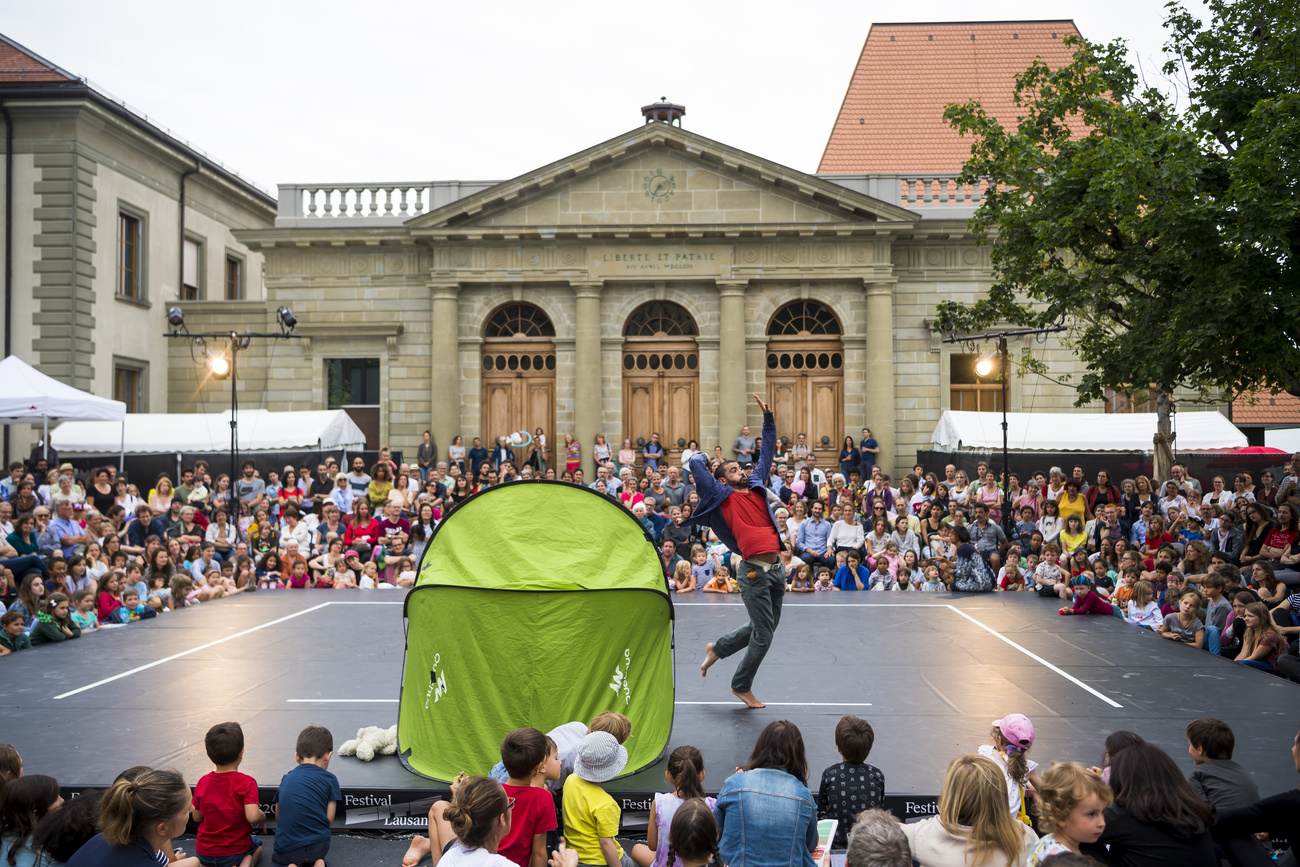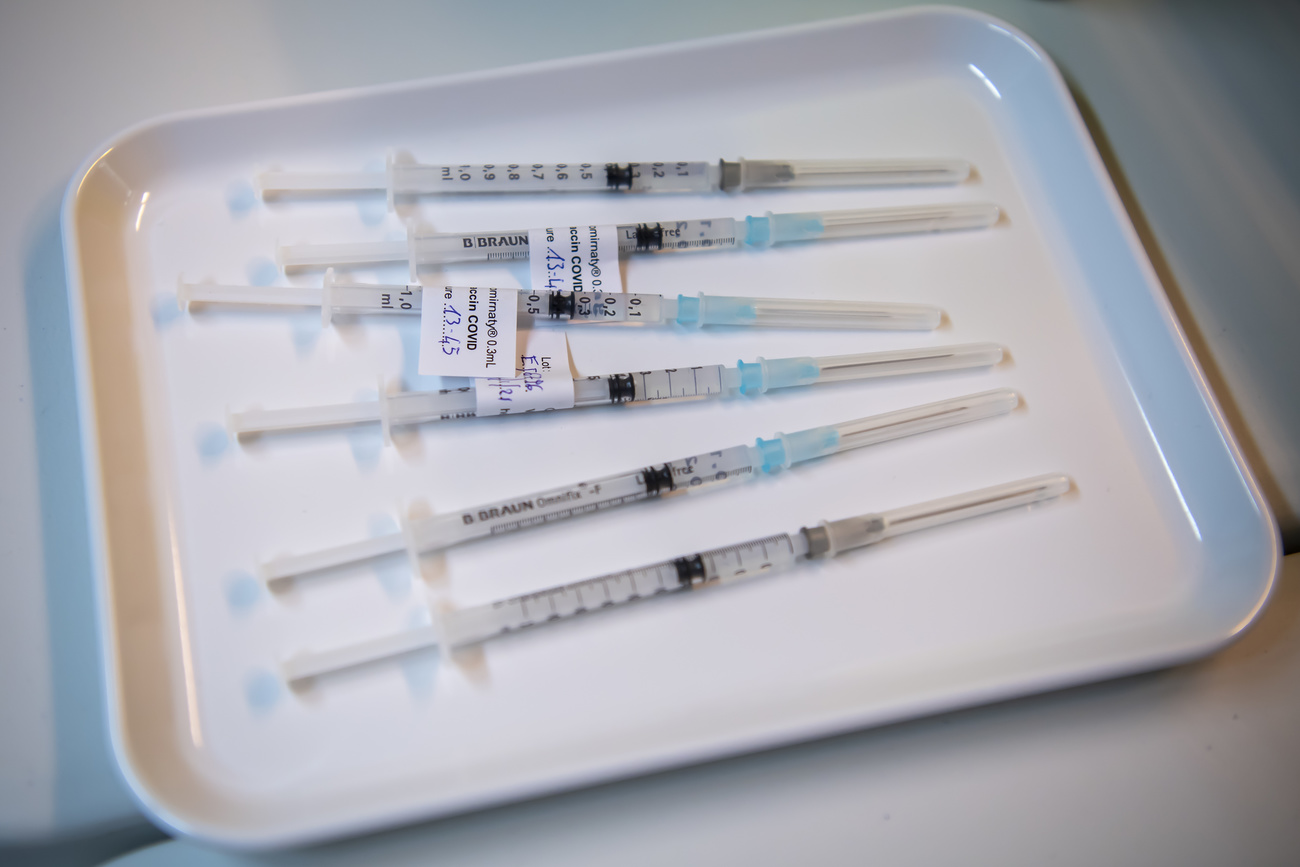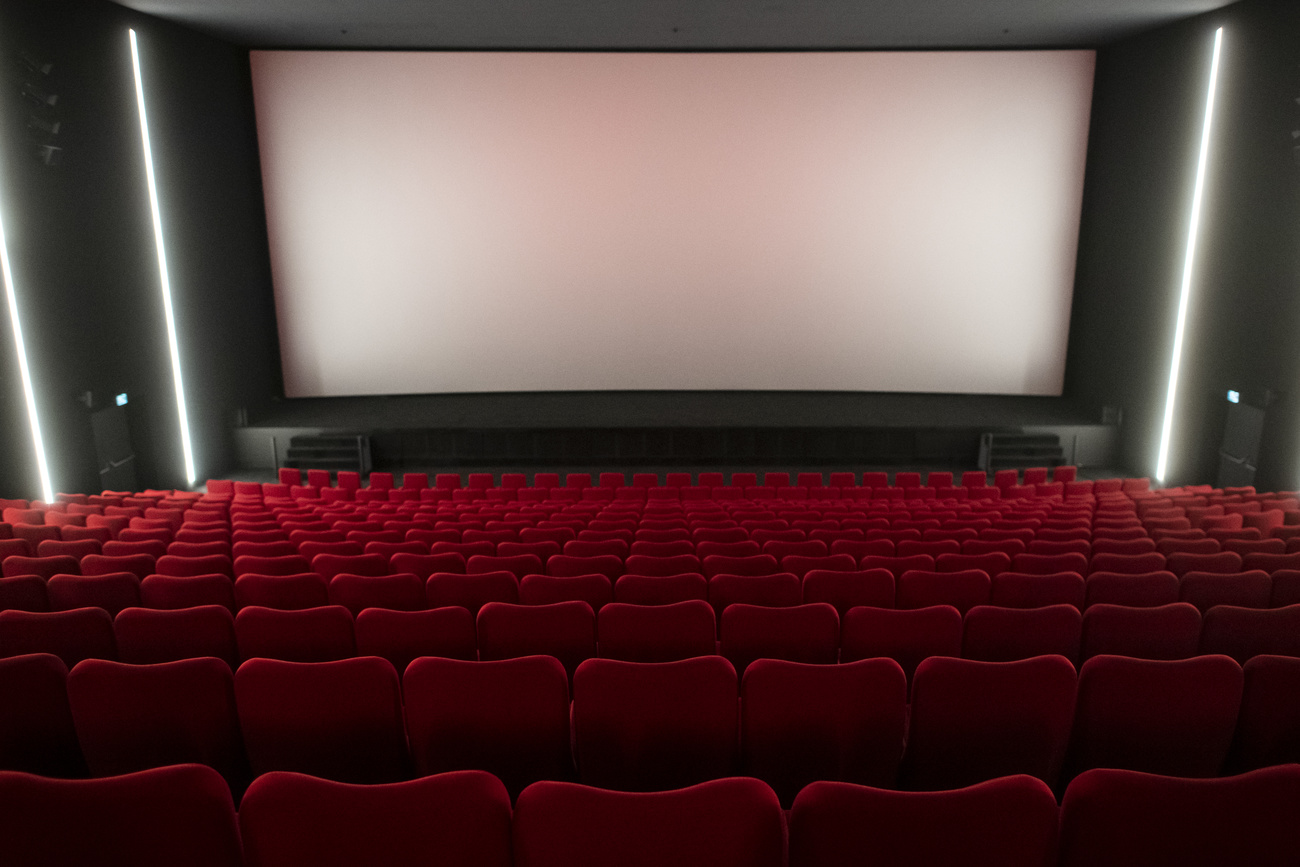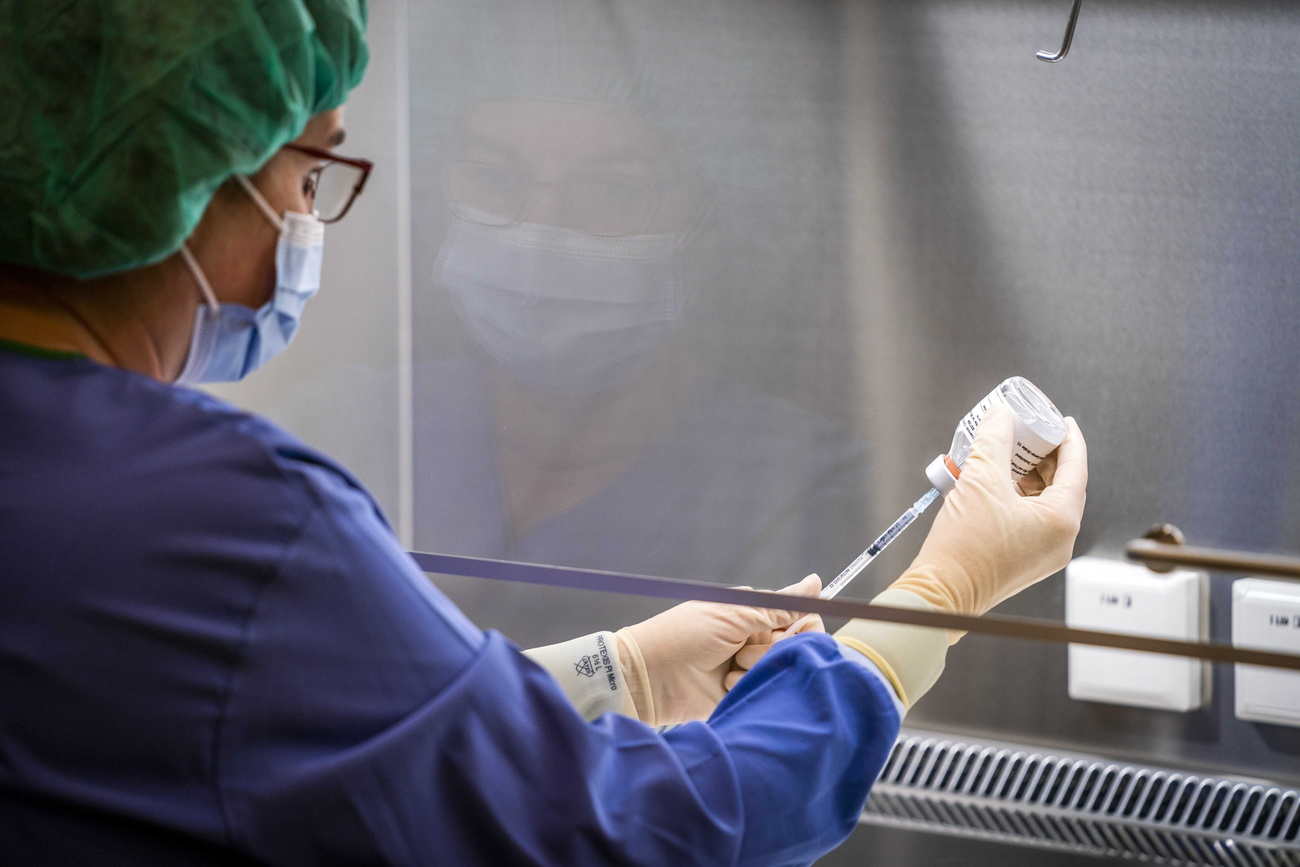Plans outlined for gradual phase-out of anti-Covid restrictions

The Swiss government has presented a detailed timetable for relaxing Covid restrictions over the next few months.
The proposals foresee three stages which are largely defined by the percentage of the population that has been vaccinated against the virus to halt the spread of the pandemic.
A first phase will last until the end of next month if at least 75% of the elderly and vulnerable population have received the full dose of a coronavirus vaccine.
“Therefore, it is unlikely that the government will decide on a further easing before the end of May,” Interior Minister Alain Berset told a news conference on Wednesday.
A second stage is likely to end before the beginning of August if about 60% of the population over the age of 16 has had a first jab, and the government could decide on lifting a work-from-home rule as well as allow access to mass events and nightclubs under certain conditions.
“Hopefully there won’t be any major economic and social restrictions necessary after that,” he added.
However, Berset cautioned that the government has to remain flexible to react and can’t set exact dates for the next steps in the fight against the pandemic.
“We can never exclude a further tightening of restrictions if the epidemiological situation worsens.”
Berset didn’t announce steps to allow mass events, despite speculation in the media ahead of the latest cabinet meeting.
Critics have accused the government of relaxing the anti-Covid restrictions too early and too fast, prompting a second wave of infections late last year.
Last week, the government decided to allow restaurants and bars to resume outdoor services while permitting theatres, cinemas and concert halls to re-open under strict safety conditions.
Berset, whose portfolio includes health issues, reiterated that the government is not planning to introduce mandatory vaccinations, but he appealed to the public to get the jab, use regular anti-Covid tests and continue to respect hygiene rules.
Psychology
Lukas Engelberger, the head of the country’s 26 cantonal health directors, said it was important to consider the psychological effects of relaxing Covid restrictions rather than limiting it to an economic dimension.
“People want to be able to look ahead. Their discipline also depends on people’s optimism,” he told the Neue Zürcher Zeitung newspaper.
The statement comes as scientists have warned of another massive increase in infections in June due to growing number of contacts between people and the spread of a more easily transferable strain of the virus.
Further delays in Switzerland’s vaccination roll-out have added to the concerns. Currently the daily number of administered jabs is about 40,000. Health experts say it would take about 100,000 vaccinations per day to halt the spread of the virus.

More
Coronavirus: the latest numbers

In compliance with the JTI standards
More: SWI swissinfo.ch certified by the Journalism Trust Initiative












You can find an overview of ongoing debates with our journalists here . Please join us!
If you want to start a conversation about a topic raised in this article or want to report factual errors, email us at english@swissinfo.ch.